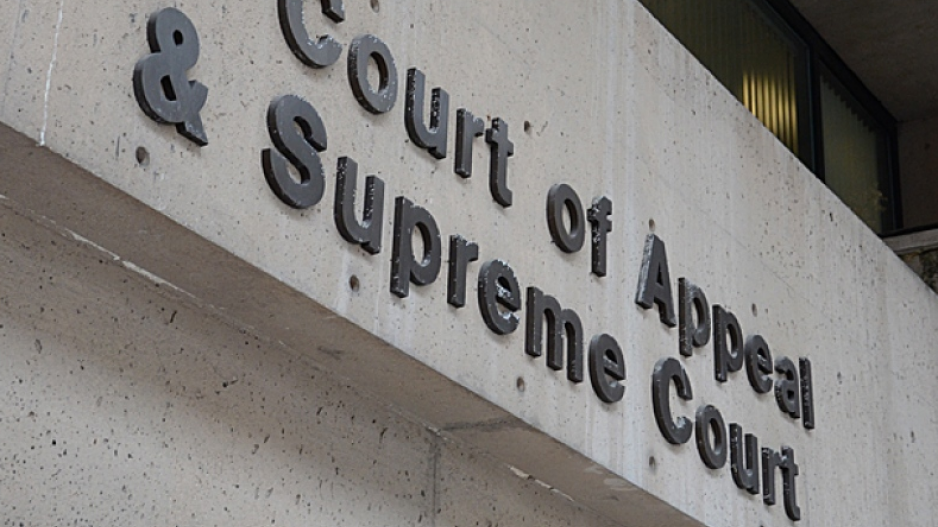A numbered company is suing First Richmond Shopping Centres Ltd. and Modern Kunyuan Commercial Holdings (Canada) Ltd., two firms affiliated with Â鶹´«Ă˝Ół»developer Raymond Li, for scuttling a $4 million real estate deal involving four properties in Richmond.
In a notice of civil claim filed in BC Supreme Court on October 17, 1151410 B.C. Ltd. claims the defendants agreed to sell four parcels of land near the intersection of Garden City Road and Alexandra Road in Richmond. The Bank of China holds a $130 million mortgage on the lands and the deal’s completion date is set for November 30, 2018, according to the claim. (Both First Richmond and Modern Kunyuan share an address with non-party Raymond Li’s development firm Modern Green Canada.)
“The mortgage provided that it was security for a running account, and was registered not only against the lands, but against the other properties and assets owned by the defendants, both in Canada and in China,” the claim states.
The numbered company claims that the defendants eventually “decided that they no longer wished to sell the lands to the plaintiff.... They did not communicate that decision to the plaintiff.” Instead, the defendants allegedly confirmed that the Bank of China’s head office in Canada had approved discharging the mortgage, but the decision needed the blessing of the bank’s head office in Beijing. While awaiting Beijing’s approval, the parties agreed to extend a “subject removal date,” but the defendants wanted to amend the contract to make the offer subject to the approval of “the board of directors of the registered owner.”
“That addendum, if accepted, would have meant that the offer was no longer an offer binding upon the defendants, and would, at law, [have] become a mere invitation to treat,” the claim states.
ĚýIn September, the defendants disclosed that they didn’t want to sell the lands because all of the money would go to the Bank of China to cover the mortgage. The companies’ representative then proposed selling nearby lands for $240 million, which would have included the four parcels as a “gift.”
“The defendants were aware, having been put on notice by the plaintiff, that that plaintiff was assembling land for a significant development on lands contiguous to the lands, but that the lands were essential to the plaintiff’s ability to proceed with the development,” the claim states.
With the deal scuttled, the numbered company claims it will be unable to proceed with its development project and earn projected profits of more than $200 million. The plaintiff seeks specific performance of the real estate purchase contract. The allegations have not been tested or proven in court and the defendants had not filed a response as of press time.
Ěý



